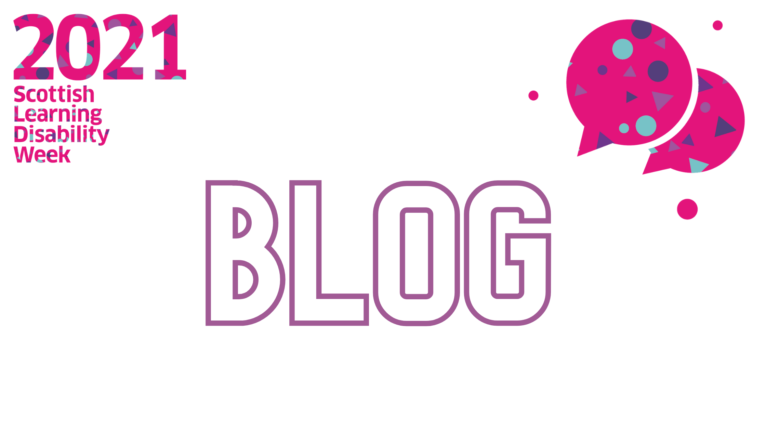
Learning Disability and Gender Based Violence: the normalisation of harm, abuse and violence
“Look, I know that everybody gets abused, there are folk worse off than me”
This quote from a woman with learning disabilities who had experienced violence and abuse throughout her life brings into stark relief a central challenge around providing support to this group; the impact of the normalisation of violence and abuse on perceptions of relationships and the expectations of the women for their own and their children’s lives. This short blog aims to consider the lived experiences of these women and the challenges for those providing support.
The limited research that has been carried out with women with learning disabilities who experience gender based violence suggests they are more than twice as likely as their non-disabled counterparts to experience violence and that traditional support services are sometimes not well equipped to support the particular needs of this group of women.
Support services often cite a lack of sufficient time, knowledge and experience as key challenges. In recognition of these challenges, Central Advocacy Partners (CAP) an advocacy organisation in Central Scotland supporting people with learning disabilities secured funding from the National Lottery Community Fund for a specialist advocacy project known as the Survivors’ project to support women with learning disabilities who are currently or have historically experienced gender based violence. A central element of this support is to educate women to recognise abusive behaviours and to understand how to keep themselves safe in the future.
We are nearing the end of a three year evaluation of the Survivors project and have been working with key stakeholders to understand their experiences of, and responses to, gender based violence. We have been struck by the pervasive nature of the abuse experienced by these women, for many, since childhood. Their lives are extremely complex; alongside abuse they have had to contend with poverty, poor housing, isolation, bullying and discrimination within their local communities.
For many, this complexity has included the removal of their children as a result of child protection concerns.

The provision of support by CAP on an intensive, relationship-based and long-term basis to develop an understanding of gender based violence, has been critical in enhancing safeguarding. Often this has required a complex navigation of a wide range of services, raising awareness of the needs of this group of women with other professionals who often admit that they feel ill-equipped to provide relevant support. Providing effective support requires a great deal of knowledge and understanding of both learning disability and gender based violence and the potential normalisation of violence and abuse. One service provider noted “…If you don’t know its abusive in the first place how do you seek that support. That’s the significant difference with CAP, no one else is doing this work.”
Covid-19 has had a significant impact on service delivery and the Survivors Project is no different. While the advocacy workers from the project check in with the women regularly, offering much needed support, there is a sense that all other work has been paused. For those women in the midst of child protection proceedings the situation is even more complicated. Children’s panel meetings might go ahead but it has been challenging to support mothers with learning disabilities to participate meaningfully. Concerns have also been raised that facilitating contact via social media might lead to women being traced by abusive ex-partners.
There are no easy solutions to the difficulties raised here. The complexities and risks involved for people with learning disabilities and their families can feel overwhelming. We hope that by raising these issues and encouraging others to discuss them we might contribute in some small way to ensuring the voices of people with learning disabilities and survivors of gender based violence in particular are heard.
Gillian MacIntyre and Ailsa Stewart
Gillian MacIntyre is a senior lecturer in Social Work in the School of Social Work and Social Policy, University of Strathclyde.
Ailsa Stewart is an independent research consultant based in Glasgow.
For more information about Central Advocacy Partners’ Survivors’ Project please contact Angela Reid or visit their website.


